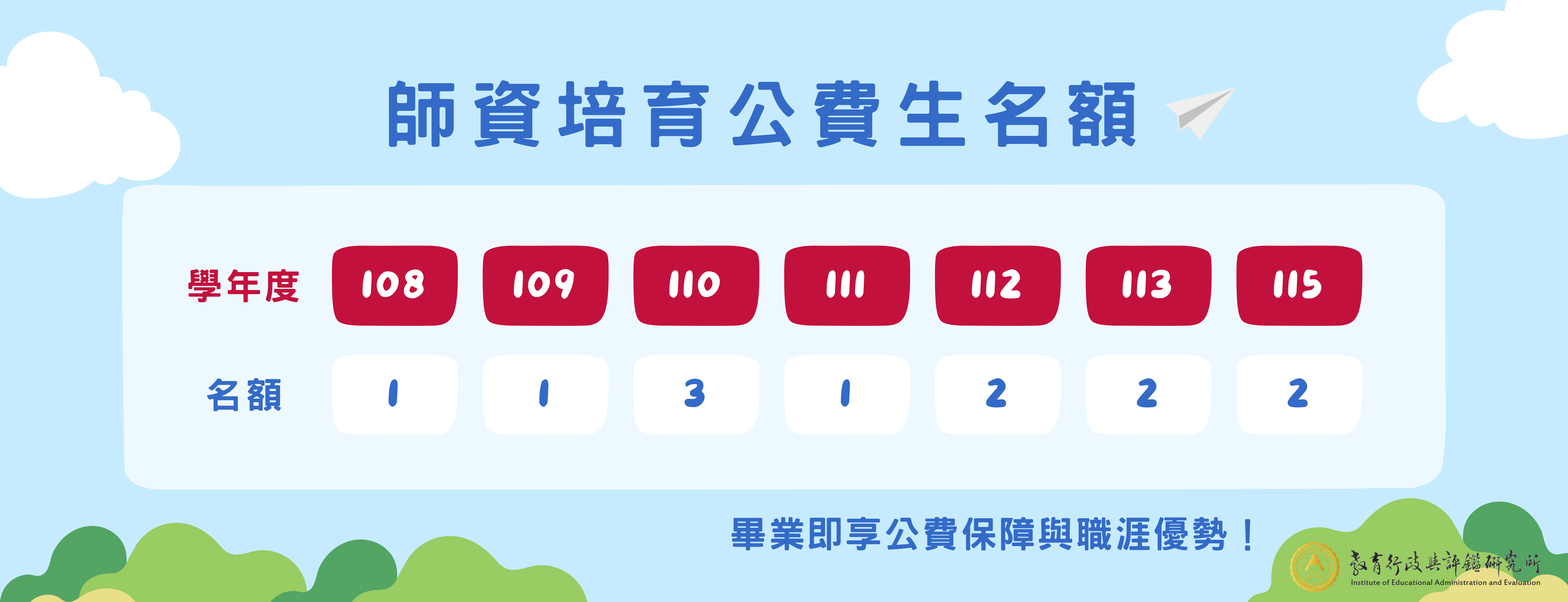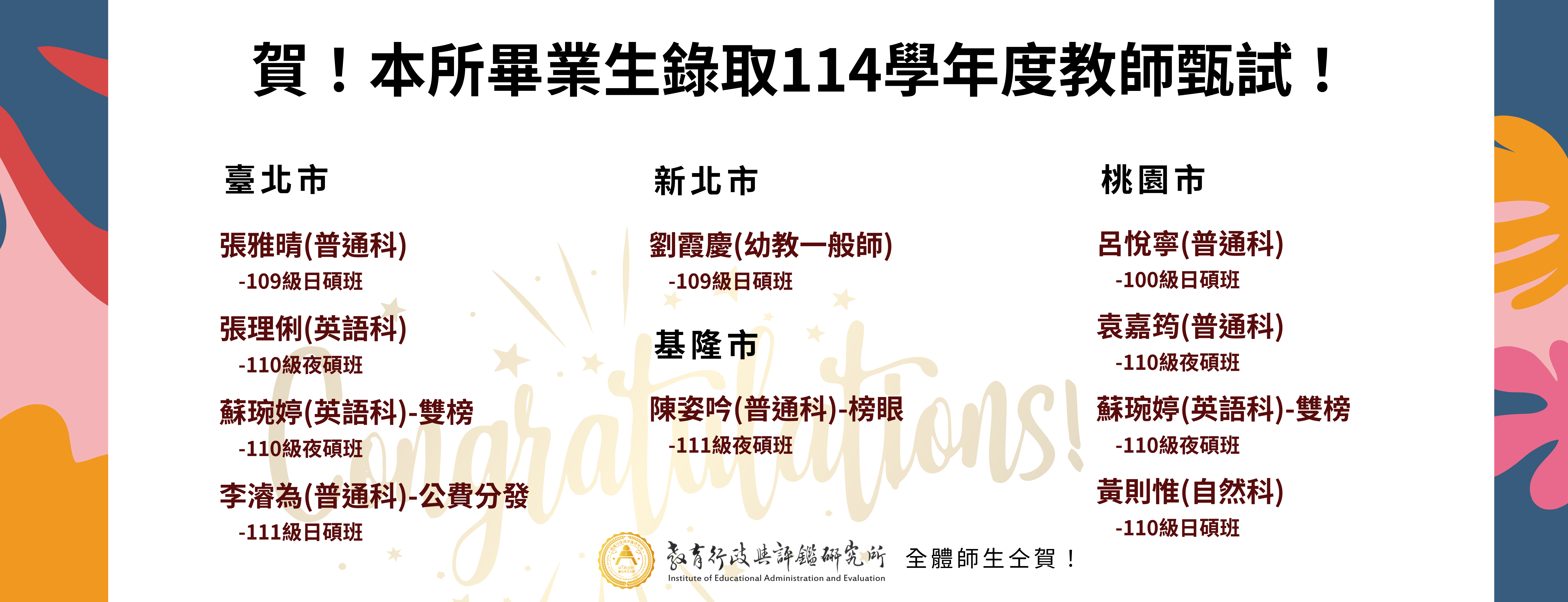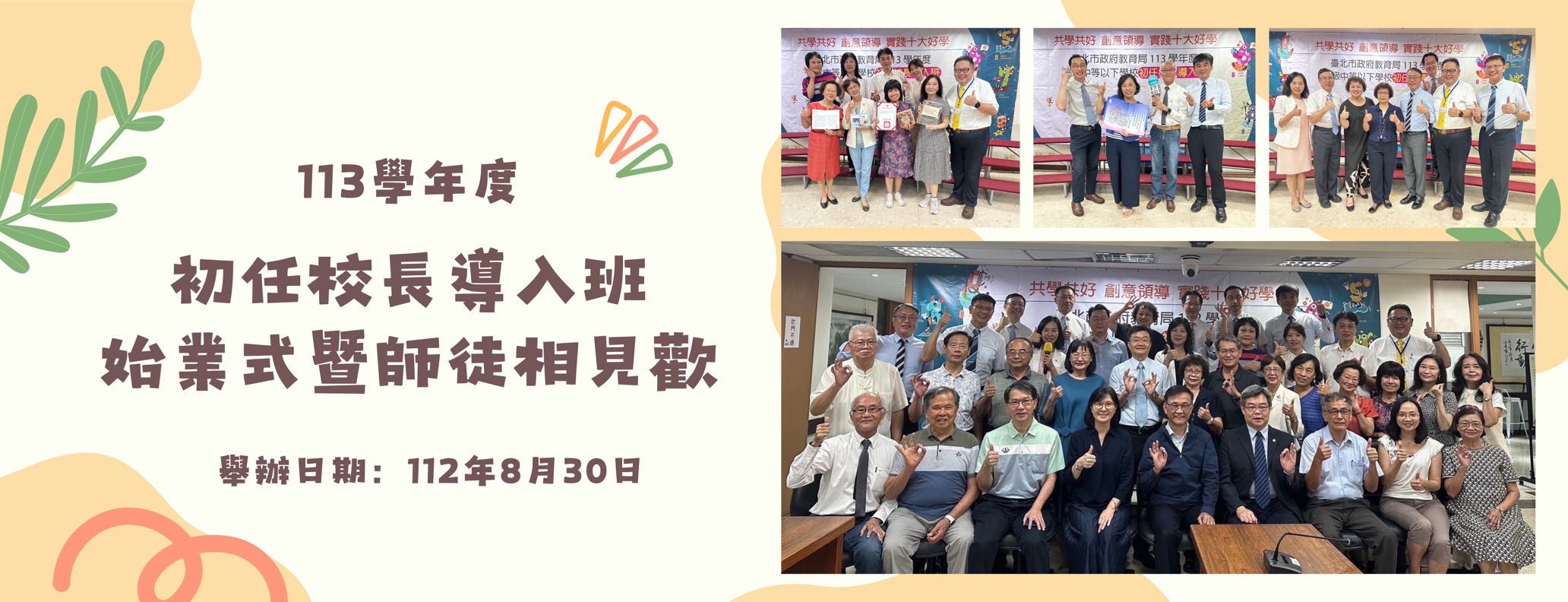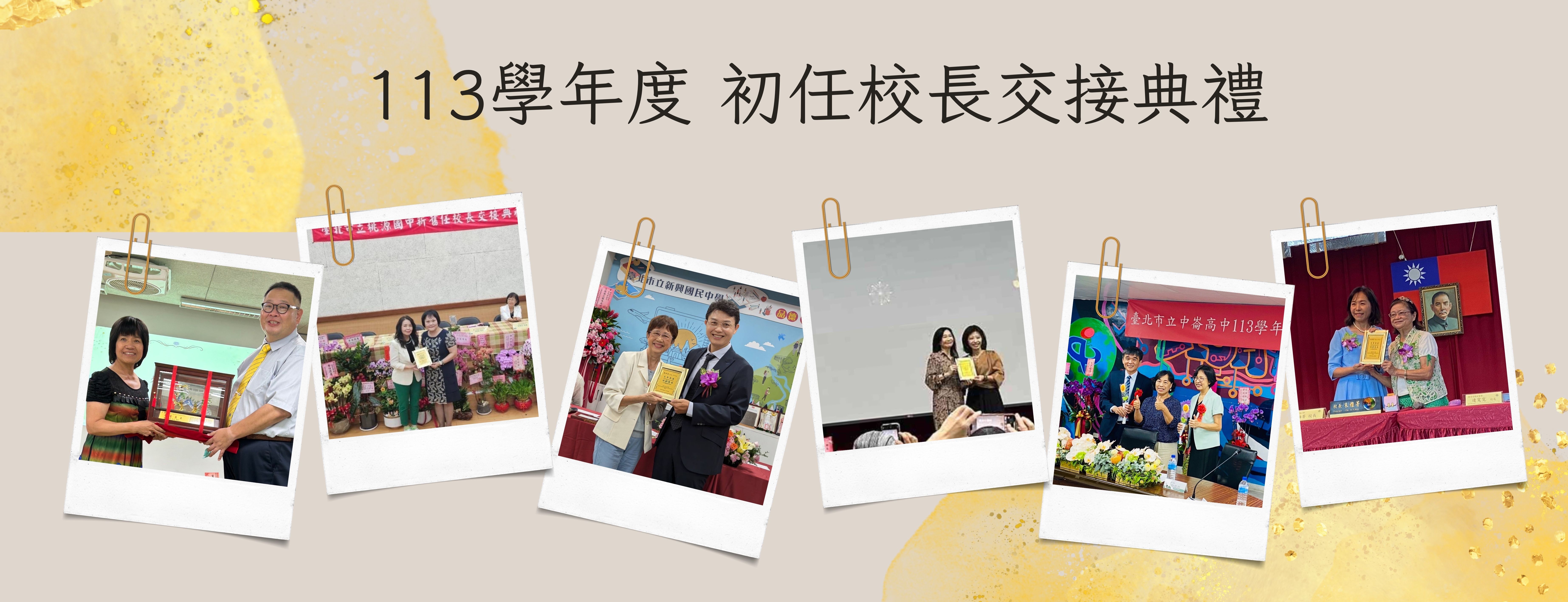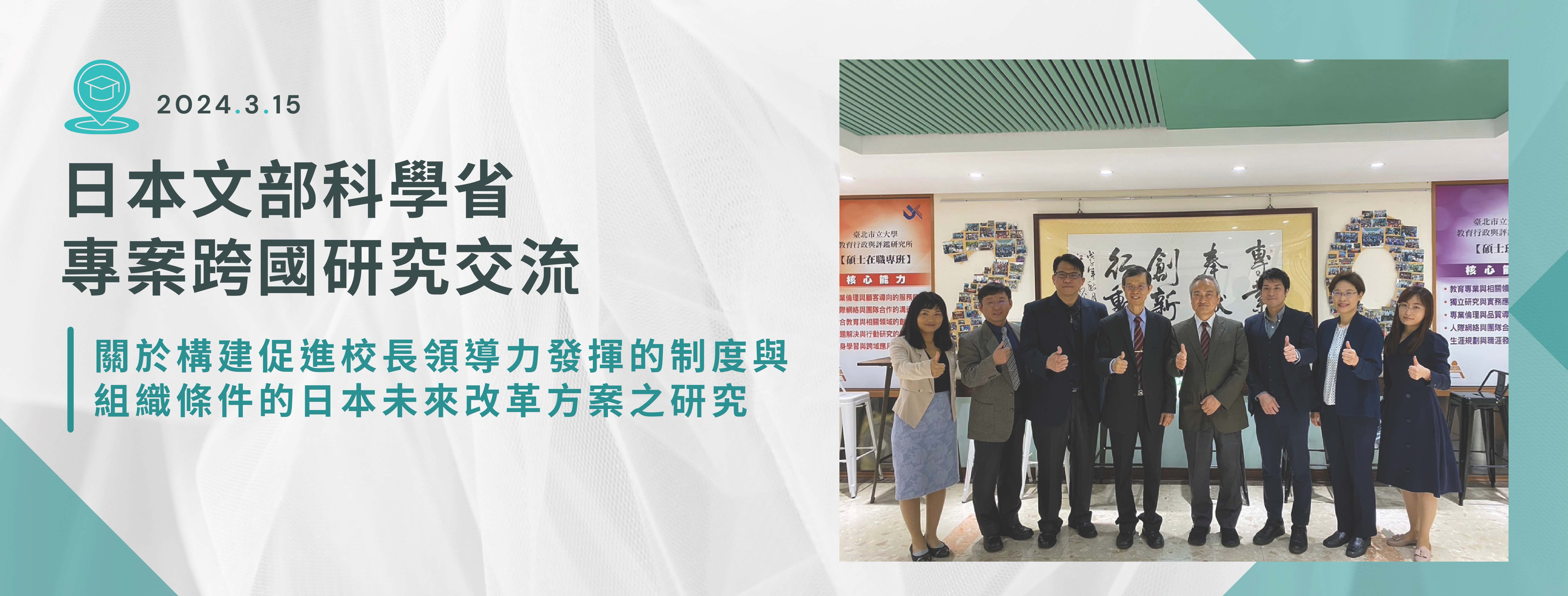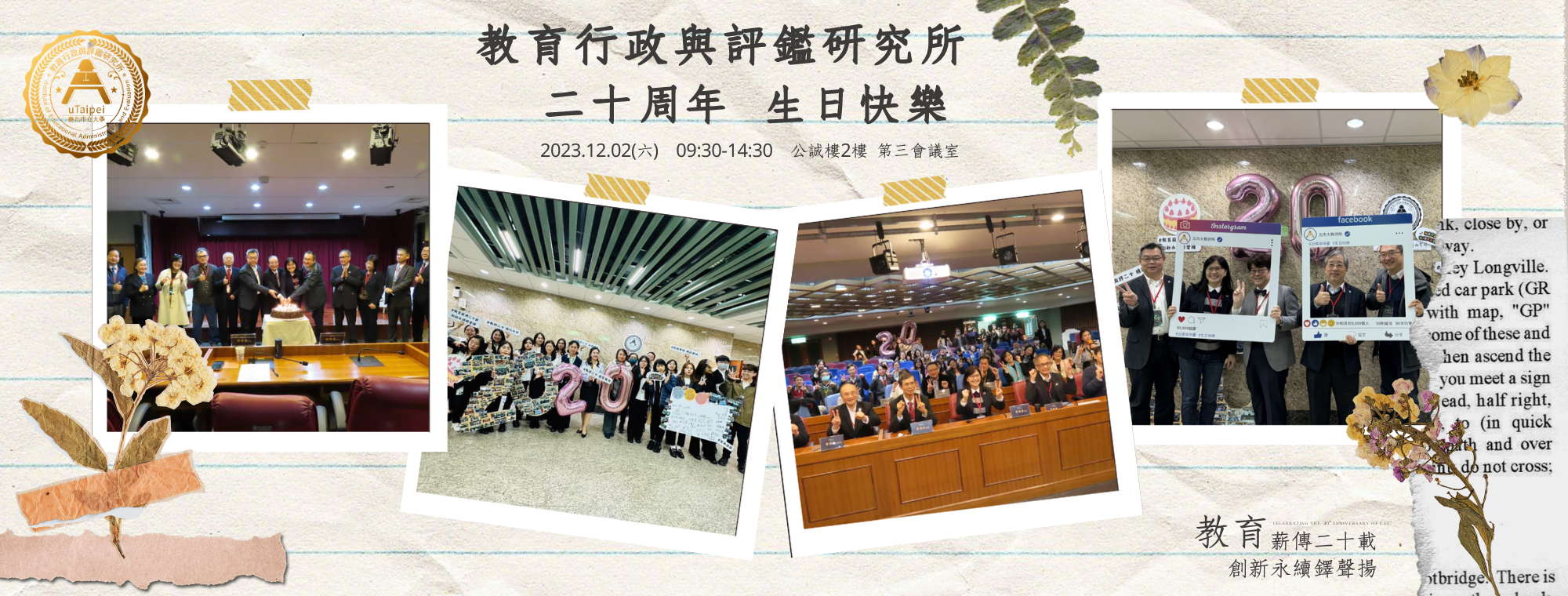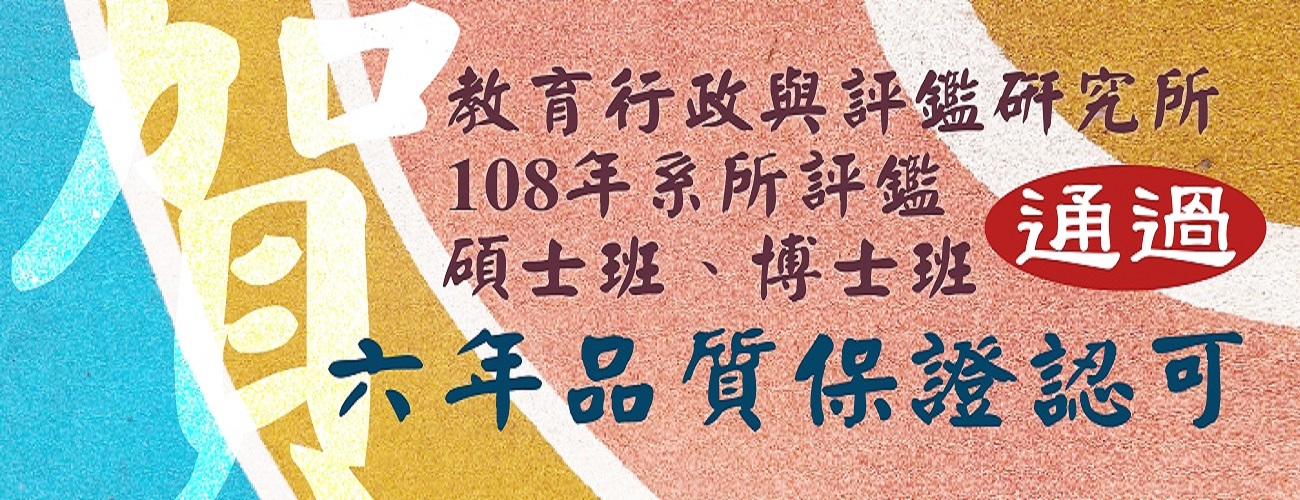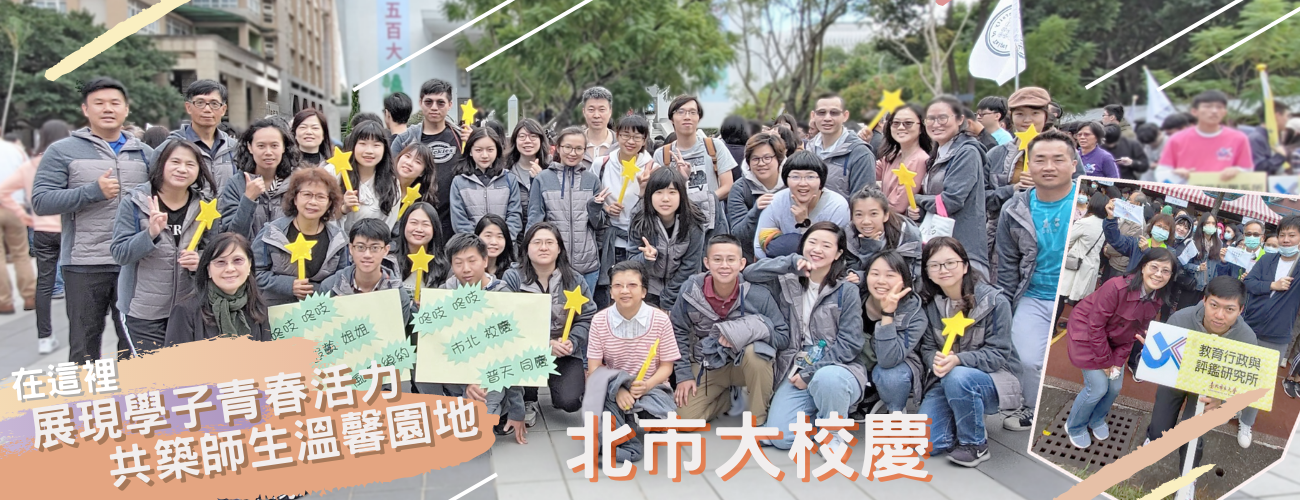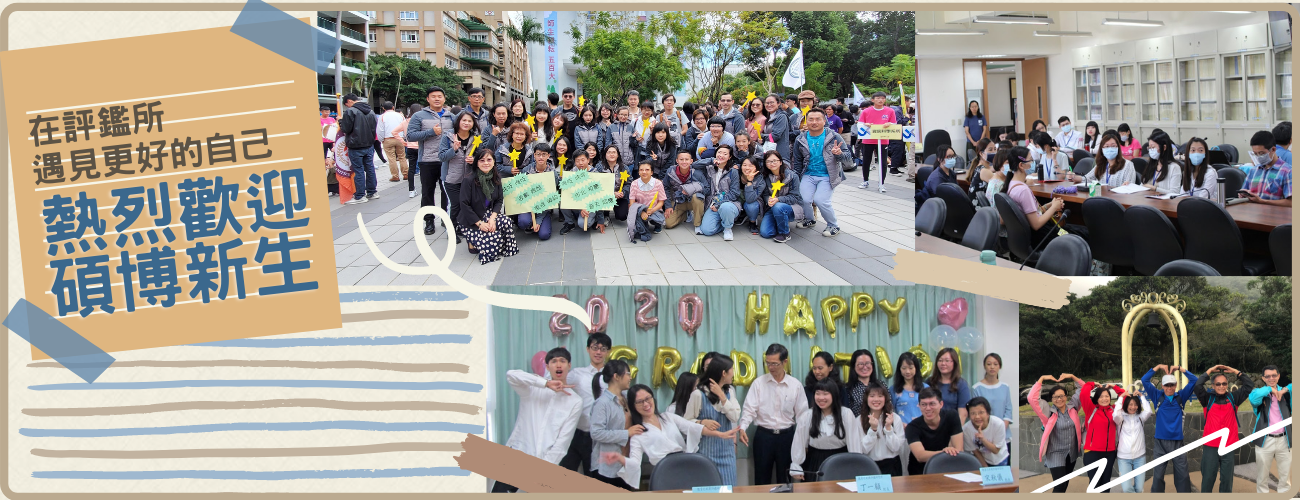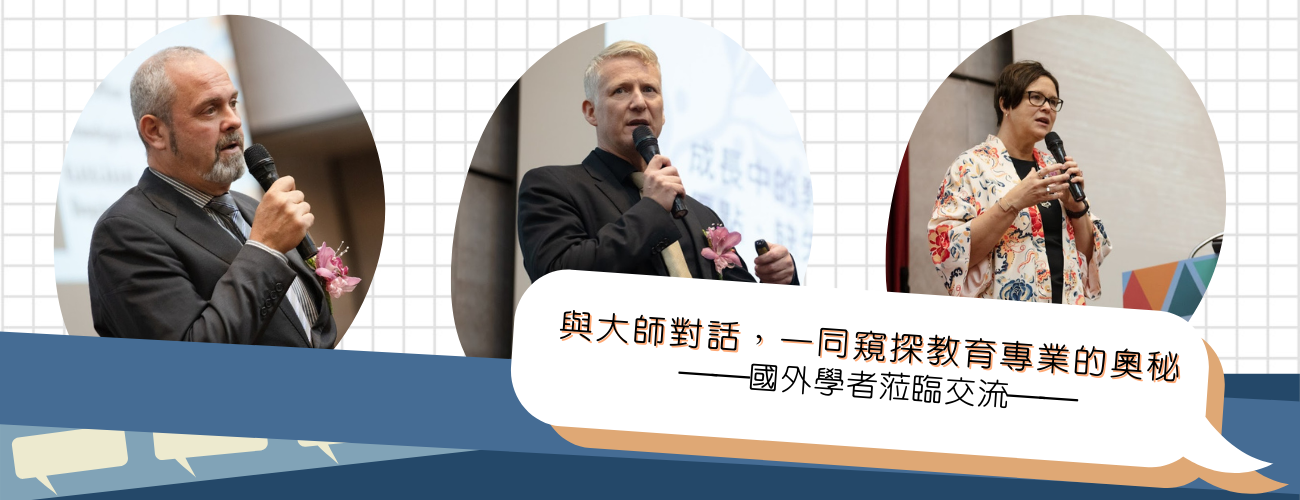History of the Institute
History of the Institute
The “Institute of Educational Administration and Evaluation” was founded in August 2003 with Dr. Chun-Rong Liu serving as its first director. In its first year, there were 10 students admitted into its master’s program, and in the same year the Department of Education set a quota of 50 students for the Master Degree for In-Service Adults program. Since the 2004 academic year, the Institute accepts 20 master's degree students each year. In academic year 2005, following the University Affairs Committee’s decision, the Institute filed to the Ministry of Education an application to establish a PhD program, for which it was approved. Beginning in the 2008 academic year, 9 PhD students are admitted into the PhD program. The institute also successfully passed the 2012 and 2019 university/college department (institute) evaluations conducted by Higher Education Evaluation and Accreditation Council of Taiwan.
In academic year 2008, due to Dr. Chun-Rong Liu's promotion to vice president of the university, Dr. Bao-Jin Wang accepted the position of Institute director. He was later succeeded by Dr. Chiu-I Sung, whose term as director spanned from academic year 2009 to 2011. In academic year 2012, the position returned to Dr. Bao-Jin Wang. When Dr. Wang was promoted to vice president of the university in academic year 2013, Dr. Hsu-Chun Huang accepted the position of Institute director. Dr. Shi-Huei Ho was appointed director in academic year 2019. In academic year 2025, Dr. Shi-Huei Ho was seconded as Vice President for Academic Affairs of Ming Chuan University, Dr. Hsin-Chih Lin accepted the position of Institute Acting Director.
The Institute of Educational Administration and Evaluation is the first and the only graduate program across the country established with a focus on the specialized field of educational evaluation. With its vision of “Professionalism, Commitment, Creativity, and Action,” as well as its strategies for “Planning, Practicing, Reviewing, and Executing,” the institute has, since its foundation, dedicated itself to the cultivation of high-level talent for educational administration jobs and civil servants for government related posts. In addition, the institute has also made great efforts in introducing new ideas on evaluation, training skilled personnel to perform evaluation services, introducing knowledge and skills required for institutional research in higher education, and relevant academic studies. These endeavors have fully demonstrated what the institute has to offer in terms of the features that define the composition of its faculty, the professionalism it possesses in both teaching and research capabilities, as well as the successes that its students are able to achieve through their studies.


